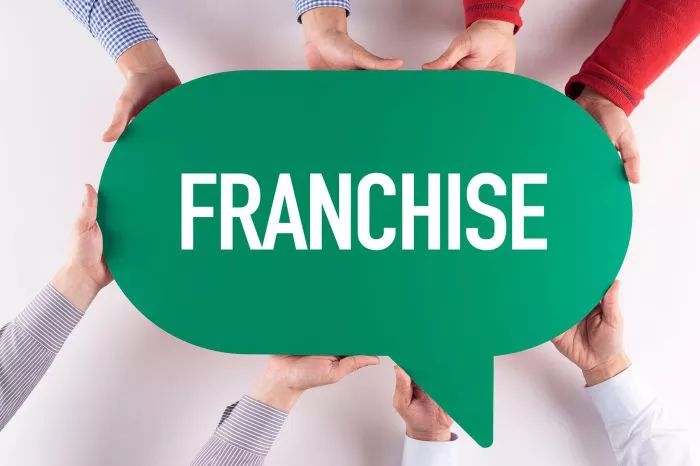Conversion Franchise: Introduction
Conversion franchise is a business model in which an existing independent business, typically a mom-and-pop shop or a small regional chain, converts its operations into a franchise under an established franchisor. Instead of starting a new franchise location from scratch, the existing business transitions to operate under the branding, systems, and support of a franchisor.
Conversion Franchise: Details
In conversion franchise, the independent business owner (the franchisee) enters into an agreement with the franchisor to rebrand their business and adopt the franchisor’s standards, operating procedures, and marketing strategies. This allows the business to benefit from the established brand recognition, marketing support, and operational expertise of the franchisor, while still retaining some degree of autonomy as a franchisee.
Conversion franchise can be advantageous for both the franchisor and the franchisee. For the franchisor, it provides an opportunity to expand their brand presence and market share without the need to invest in new locations or build from the ground up. For the franchisee, it offers access to a proven business model, established brand recognition, and ongoing support from the franchisor, which can help improve the business’s profitability and growth potential.
Overall, conversion franchise is a strategic growth strategy that allows both parties to leverage their strengths and resources to achieve mutual success in the competitive marketplace.
Master Franchise: Introduction
A master franchise, also known as a sub-franchisor or regional developer, is an individual or entity that holds the rights to develop and sub-franchise a particular franchise brand within a specified geographic territory.
Master Franchise: Details
In essence, the master franchisee acts as a middleman between the franchisor (the original brand owner) and individual franchisees within their designated region. They have the authority to sell franchise rights to others, known as sub-franchisees, and oversee their operations within the territory.
Master franchisees typically have a more significant investment and responsibility compared to regular franchisees. They may be responsible for tasks such as recruiting and training sub-franchisees, providing ongoing support and assistance, ensuring brand compliance, and driving overall growth and development of the franchise within their territory.
In return for their efforts, master franchisees often receive a portion of the initial franchise fees and ongoing royalties paid by sub-franchisees, as well as other potential revenue streams from services they provide. Master franchising can be an attractive option for entrepreneurs looking to expand a successful franchise brand within a specific region while leveraging their local knowledge and expertise.
which is better for entrepreneurs to choose master franchise or conversion franchise?
Choosing between a master franchise and a conversion franchise depends on your goals, resources, and preferences. Here’s a breakdown to help you decide:
Experience and Resources: Master franchising demands more financial resources and management experience. If you’re experienced in business management, have a solid financial base, and can handle multiple units, a master franchise may suit you. If you prefer aligning with a larger brand and benefiting from their support, conversion franchising might be better.
Expansion Goals: Master franchising allows you to expand an entire territory, managing multiple units. If you aim for regional expansion and are willing to recruit, train, and support franchisees, a master franchise fits. If you’re content with operating a single unit, conversion franchising is more suitable.
Risk Tolerance: Master franchising involves higher investment and risk. You take on the challenge of managing multiple units and market fluctuations. For a lower-risk option with a simpler entry into franchising, consider conversion franchising.
Brand Preference: Evaluate the reputation, market position, and growth potential of the brand you’re interested in. Some franchisors offer both options, allowing you to choose based on your needs and preferences.
In conclusion, conduct thorough research, seek advice from experts, and evaluate your options carefully. Consider attending expos, speaking with existing franchisees, and weighing the pros and cons of each model. By aligning with your goals and preferences, you can determine whether a master franchise or conversion franchise is the right fit for you.

